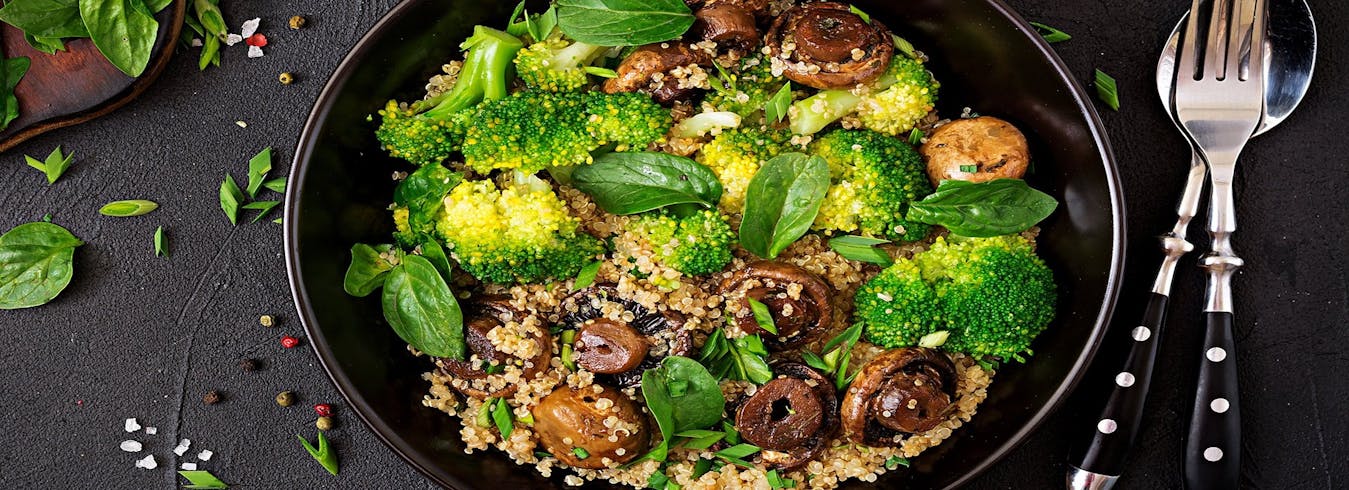
Anti-Inflammatory Diet: What to Eat and What to Avoid
Chronic inflammation is linked to numerous health conditions, including heart disease, diabetes, arthritis, and autoimmune disorders. While short-term inflammation is a natural response to injury or infection, long-term inflammation can damage tissues and lead to serious health issues. Fortunately, an anti-inflammatory diet can help reduce inflammation and promote overall well-being.
© Copyright Healthstandard.site . All Rights Reserved

Best Anti-Inflammatory Foods to Eat
1. Fatty Fish (Salmon, Mackerel, Sardines)
Fatty fish are rich in omega-3 fatty acids, which help reduce inflammation and lower the risk of chronic diseases. Omega-3s are essential for brain health, heart function, and reducing joint pain.
2. Leafy Green Vegetables (Spinach, Kale, Swiss Chard)
Greens are loaded with antioxidants, vitamins, and minerals that combat oxidative stress and inflammation. They also support gut health, which plays a key role in immune regulation.
3. Berries (Blueberries, Strawberries, Raspberries)
Berries contain polyphenols and antioxidants that fight inflammation and protect against cell damage. They are also low in sugar, making them a great option for blood sugar control.
4. Extra Virgin Olive Oil
A staple of the Mediterranean diet, olive oil is rich in monounsaturated fats and polyphenols, which have strong anti-inflammatory properties. Use it as a healthy fat source for cooking and dressings.
5. Nuts and Seeds (Almonds, Walnuts, Chia Seeds, Flaxseeds)
These are packed with healthy fats, fiber, and antioxidants that help lower inflammation. Walnuts, in particular, are a great source of plant-based omega-3s.
6. Turmeric and Ginger
These spices contain powerful anti-inflammatory compounds like curcumin (turmeric) and gingerol (ginger), which help reduce pain, swelling, and oxidative stress. Pair turmeric with black pepper for better absorption.
7. Green Tea
Green tea is rich in catechins, a type of antioxidant that helps reduce inflammation and protects against chronic diseases like cancer and heart disease.
8. Bone Broth
Bone broth contains collagen and amino acids that help support gut health, reduce joint pain, and lower systemic inflammation.
9. Avocados
Avocados are packed with healthy fats, fiber, potassium, and antioxidants that help fight inflammation and improve heart health.
10. Dark Chocolate (85% or Higher Cocoa)
Dark chocolate is rich in flavonoids, which have been shown to reduce inflammation and improve heart health. Choose varieties with minimal sugar.

Final Thoughts
An anti-inflammatory diet isn’t just about eliminating bad foods; it’s about adding nutrient-dense, whole foods that support your body’s natural healing processes. By incorporating more healthy fats, fiber-rich vegetables, and antioxidant-packed foods, you can reduce inflammation and improve overall health.
For those following a keto diet, focusing on anti-inflammatory foods like fatty fish, leafy greens, nuts, and healthy oils can help optimize health and energy levels while keeping inflammation at bay.